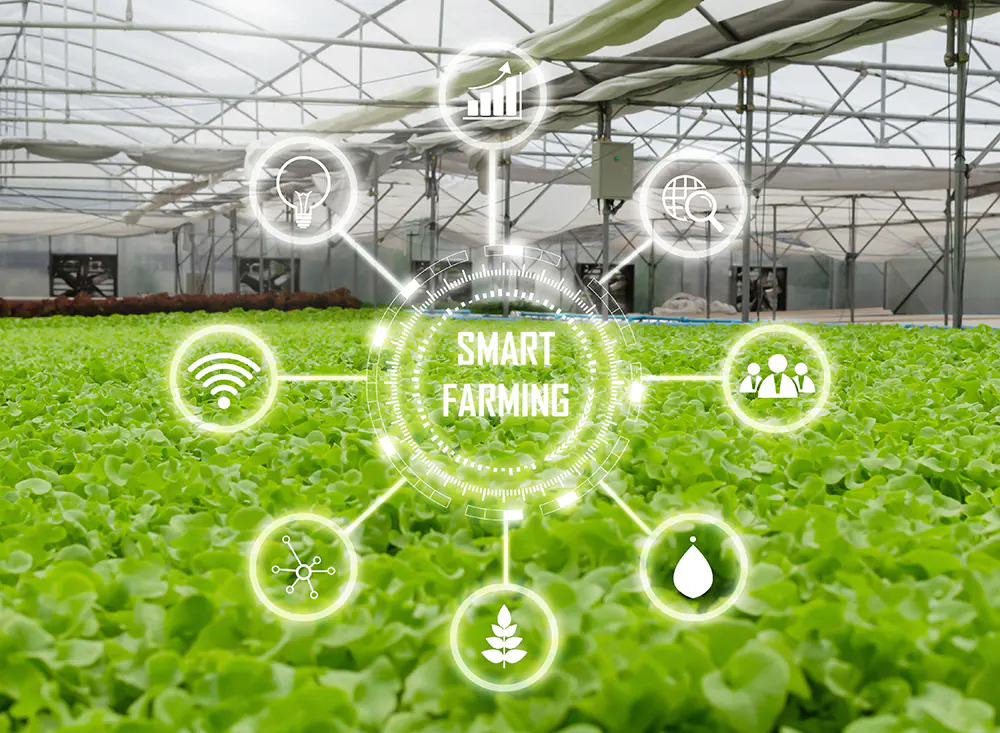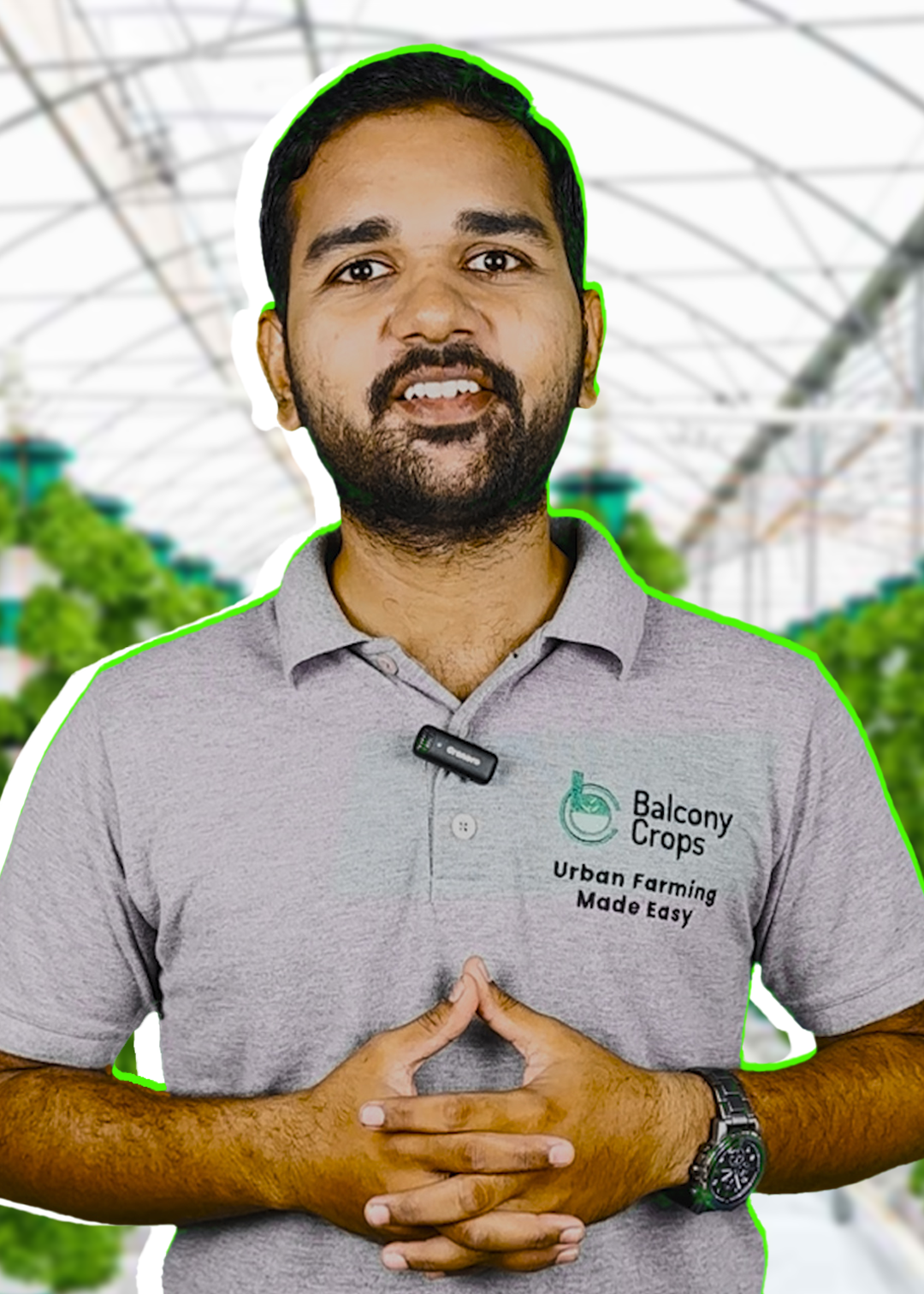Table of Contents
To understand this first we need to know what hydroponic farming is, as many of us are unaware of this method and its benefits.
Hydroponic farming is very simple.It means using water as a substitute for soil to grow the plants, the nutrients required for the plant growth are mixed along with the water. Now let’s look at the benefits of hydroponic farming as follows:
1. Water Savings
There are two systems of watering the plants in hydroponic farming.
- Closed Loop System: In this method the plants are watered in cycles as their roots are submerged directly in nutrient rich water. The excess water returns back to the tank and is recirculated in the next cycle there by we are able to save upto 90% of the water compared to traditional farming.
- Open Loop System: In this method the plants are watered in pots/grow bags filled with soilless medium like coco peat which has highest water retention capacity. The excess water which is very marginal is left to the ground.
Thus in both the system we are able to achieve upto 90% water savings
2. Climate Control & Fast Growth:
In any farming, environmental factors like temperature,Humidity and light play a major role in creating ideal conditions for plant growth. In hydroponic farming all the above can be controlled within a polyhouse/greenhouse creating a microclimate inside.
The ideal condition of climate and readily available nutrients given to the plant root zone directly leads to a 30% fast growth rate compared to traditional farming as plants need to take nutrients through soil which is a slow process.
3. Less Maintenance and Higher Yields:
In soil farming we have various exercises like weeding,tilling,herbicide and insecticide application.Where as in hydroponic farming all these activities are skipped and directly the seeds are sown in a soilless medium like coco peat which reduces the labour hours and less time consumed to maintain for home gardening as well.
The yield will be much higher in the case of hydroponic farming as they grow in a controlled environment which leads to easy absorption of the nutrients that are diluted in precise ratios specific to the plants.
4. Reduce Carbon footprint:
In traditional farming a large quantity of water & energy is required to produce good food.Once it is produced they have to travel miles to reach the metro cities through trucks,trains and at times even flights for highly perishable goods.Finally they are preserved using chemicals to increase product shelf life.
In hydroponics a great deal of water & energy can be cut out as greenhouse/ polyhouse can be erected in metro city,semi-urban areas where they thrive unlike traditional farming which reduces the supply chain to half and almost nil logistics wastage.
5. Fresh Quality Food:
When it comes to fresh quality food only people living in rural areas enjoy the benefits as they live in close proximity to the farm.But how do you supply fresh quality food to the maximum population living in urban areas?
In traditional farming the answer has been picking the produce before it’s ripe and letting it ripen in warehouses and during transport. Sometimes even ethylene gas is used to artificially ripen the produce as they are picked very raw to compensate for the travel distance.
Any food that ripens naturally on the plant is best in its taste and highly nutritious. As hydroponics gardens have their own microbiomes they can be grown anywhere and the produce can be picked at the peak ripeness as the food supply chain is reduced to reach homes and restaurants where they will be enjoyed.




